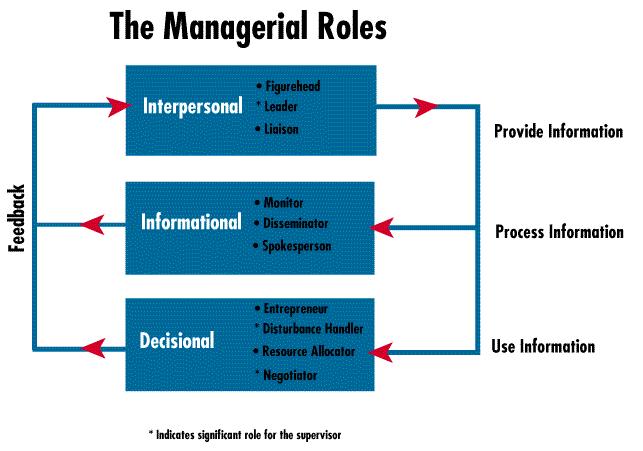Management education is mainly aimed at developing managerial skills in students. Amongst the various methods adopted in teaching management and management functions, the case study method developed in 1910 in U.S.A. and is now being propagated during the last decade or so, providing opportunities to both the teacher and the taught to promote managerial I understanding and competence, since it helps in contemplation and discussion of an actual situation. It is a wrong notion that the case studies are confined to management students. Cases may pertain lo any discipline, where skills for solving complex unstructured problems or preparing plans are required.… Read the rest
Management Concepts
Organization – Meaning, Definition, Importance and Principles
Organization is the foundation upon which the whole structure of management is erected. Organization is associated with developing an outline where the overall work is divided into manageable components in order to facilitate the achievement of objectives or goals. Thus, organization is the structure or mechanism that enables living things to work together. In a static sense, an organization is a structure or machinery manned by group of individuals who are working together towards a common goal. Examples of organization are Corporations, governments, non-government organizations, armed forces, non-profit organizations etc.
The term organization has been used in four different senses;
- Organization as Framework of Relationships: Organization refers to the structure and interactions among various job positions which are created to realize certain objectives.
Centralization – Meaning, Advantages and Disadvantages
In any business organization, concentration of authority and powers in the hands of top management is referred to as centralization, everything which goes to reduce the importance of subordinates role in an organization is known as centralization. In such a type of office organization, the authority and powers of each and every activity lies in the hands of top few, say office manager and his immediate subordinate, and other subordinates play the second and subsequent fiddles. In fact, they are not to play any role. Instead they asked to work and only work according to the dictates of what the boss wants and orders.… Read the rest
Decentralization – Meaning, Advantages and Disadvantages
Delegation of authority and duties is usually referred to as decentralization in which set up the organization is divided into different section and departments in order to help the organization grow scientifically and with a purpose of direction leading to harmony in relations and healthy atmosphere which generally is absent in centralized system of organization.
Decentralization of authority, holds Koontz and O’Donnell, “is a fundamental phase of delegation.” To the extent that authority is not delegated is obviously centralization. In the words of Henry Fayol, “every thing that goes to increase the importance of the subordinate’s role is decentralization.”… Read the rest
Definition of Management by Eminent Authors
Management is a word that is quite wide spread and cannot ever have a precise and concise definition. There have been lot of definitions to it in the past that have tried to define the meaning, objective and scope of management in our lives but none of them has been able to precisely and completely define the scope and meaning of management. Many eminent authors on the subject have defined the term “management”. Some of the widely known definitions of management are as mentioned here.
According to Lawrence A Appley;
… Read the rest“Management is the development of people and not the direction of things”.
Managerial Skills and Roles
Managers at every level in the management hierarchy must exercise three basic types of skills: technical, human, and conceptual. All managers must acquire these skills in varying proportions, although the importance of each category of skill changes at different management levels.
Technical skills:
- Technical skills refer to the ability and knowledge in using the equipment, techniques and procedure involved in performing specific tasks.
- These skills require specialized knowledge and proficiency in the mechanics of a particular.
- Technical skills lose relative importance at higher levels of the management hierarchy, but most top executives started out as technical experts.
Human skills:
- Human skills refer to the ability of a manager to work effectively with other people both as individual and as members of a group.

